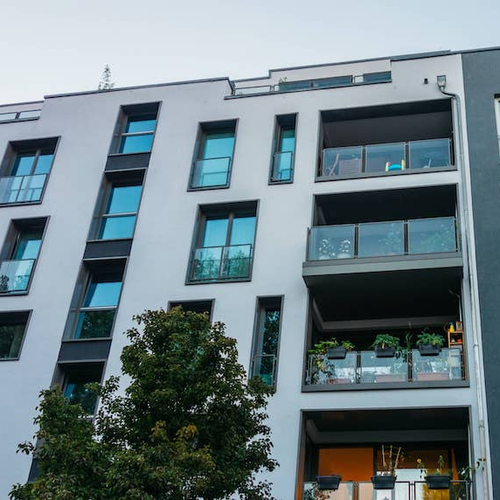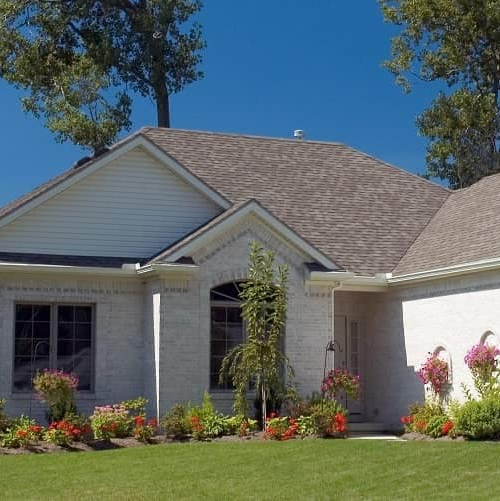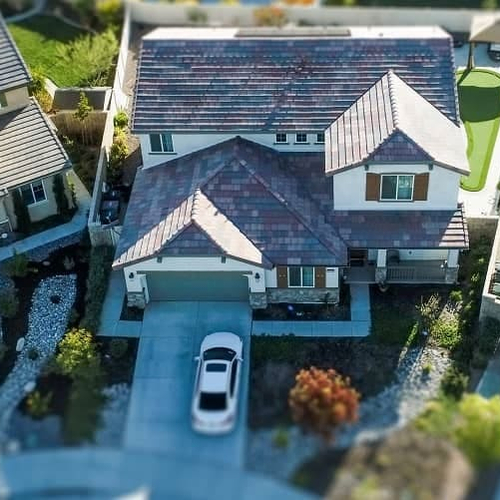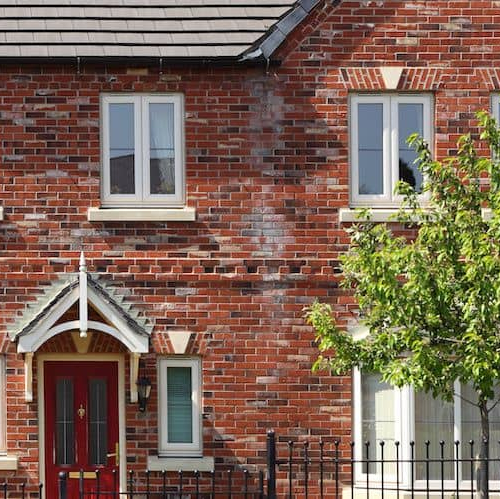PUD (Planned Unit Development): What it is and how it differs from other types of housing
Mar 21, 2024
•3-minute read

When you’re thinking about the type of house you want to live in, it’s also important to think about the community. Do you want your neighbors to be far away or close? Do you want amenities where you live or does that not matter as much? These questions may come to mind when you’re starting the home buying process.
One living situation you might come across is a planned unit development (PUD). But what is a PUD in real estate and how do they work? Keep reading to understand the pros and cons of a PUD to help you determine whether you want to live in one.
PUD defined
In real estate, a planned unit development refers to a small community that can contain many types of single-family homes, like townhomes or condominiums. Everyone who lives in a PUD home is part of a homeowners association (HOA) that’s run by a board of directors usually made up of individuals from the community.
An HOA typically runs a PUD, and all residents must join and contribute to HOA fees.
Real estate developers traditionally design a PUD as an interactive neighborhood containing a mix of housing, office buildings, shopping and recreational activities. A PUD may also contain other types of amenities like storage facilities and religious institutions.
PUD property vs. HOA property
One key difference exists between a PUD and an HOA, and it concerns who owns the land on which the property sits. PUDs offer a more traditional landowner rights structure than HOAs do – in a PUD, individuals own their home, lot and common areas.
Everyone in a PUD home is automatically part of an HOA. HOAs impose specific regulations on residents. For example, an HOA might enforce strict rules on pets, parking and even the look of your home’s exterior. HOAs aim to maintain property values and make sure all homes look similar and tidy.
It’s important to understand the role an HOA plays in the other types of single-family homes in a PUD, such as townhomes and condos.
- Townhouses: You may recognize townhouses as multifloor homes that share one to two walls with adjacent properties but have their own entrances. In an HOA-run townhome, the association owns the land on which the townhouse sits.
- Condos: A condominium, or condo for short, involves an individual unit within a building of other units. Condo owners jointly own areas such as pools, garages and gyms.
The same difference exists between HOA-run townhomes and PUD townhomes – the HOA owns the land on which the structure sits.
Pros and cons of living in PUD housing
Living in a PUD presents some perks and drawbacks. Let’s take a look at both.
PUD home pros
A few advantages of living in a PUD home include:
- Private amenities: PUDs can offer more private amenities and common ground than a typical HOA can, such as grocery stores, restaurants, privately owned roads and more.
- Land ownership: In a PUD, a homeowner – rather than the homeowner association – owns their building and land. PUDs allow more freedom of use within certain guidelines.
- Convenience: Many PUDs offer walking trails, extensive sidewalks, bicycle paths and wide roads so you can get around easily.
- Affordable amenities: PUDs may provide amenities at a lower cost compared to amenities you might find in other communities such as utilities and maintenance costs.
PUD home cons
Some disadvantages of living in a PUD include:
- HOA fees: All residents of a PUD must join the HOA and contribute to its fees.
- Restrictive covenants: Restrictive covenants can impose regulations on home appearance, landscaping, home additions, quiet hours, pets and use of public spaces.
- Proximity to other houses: Homes may be located much closer together than in some more traditional HOAs or neighborhoods.
- Buying and selling challenges: You may find it more difficult to buy and sell a PUD. A PUD with multiple available units can drive down the price and make your home harder to sell.
The bottom line
If you like the idea of living in a small community that offers many types of dwellings and lots of amenities, then you might like living in a PUD.
Just remember that an HOA typically runs a PUD and all residents must join and contribute to HOA fees. Make sure you feel comfortable with the requirements and ask questions before you buy.
Ready to take the first step to become a homeowner? Apply online today with Rocket Mortgage® and begin to explore your different housing options.

Melissa Brock
Melissa Brock is a freelance writer and editor who writes about higher education, trading, investing, personal finance, cryptocurrency, mortgages and insurance. Melissa also writes SEO-driven blog copy for independent educational consultants and runs her website, College Money Tips, to help families navigate the college journey. She spent 12 years in the admission office at her alma mater.
Related resources

5-minute read
Condo vs. house: Which is best for you?
Trying to decide between buying a condo or a house? Learn the key differences in cost, maintenance, lifestyle, and more to make the right choice for you.
Read more

6-minute read
Neighborhood info: How to research and choose the perfect place for your home search
Available neighborhood information can help home buyers determine if the area is a good one for their home search. Learn how to evaluate neighborhood info.
Read more

7-minute read
Where should I live? 12 important factors to consider
From small towns to big cities, there's a perfect place for everyone. We’ve collected 12 factors to help you answer the question, “Where should I...
Read more